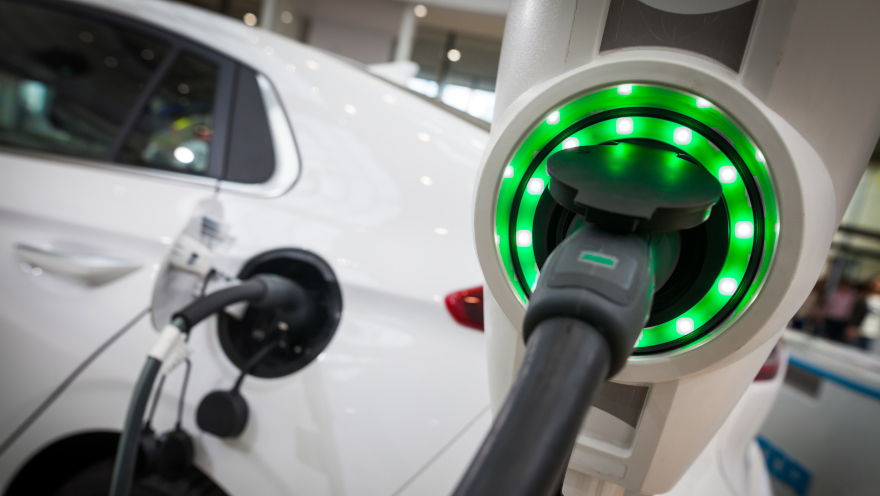Study finds Canadians’ interest in purchasing EVs drops sharply

By subscribing, you agree to receive communications from Auto Remarketing and our partners in accordance with our Privacy Policy. We may share your information with select partners and sponsors who may contact you about their products and services. You may unsubscribe at any time.
Canada is not sold on electric vehicles, according to the latest study by J.D. Power.
The second annual J.D. Power Canada Electric Vehicle Consideration Study found 66% of Canadian consumers said they are “very unlikely” or “somewhat unlikely” to consider an EV for their next vehicle purchase.
That 34% consideration rate is a significant drop from the 2022 study, in which 47% said they would consider buying an EV, and it’s well behind the U.S., where 61% of consumers say they are “very likely” or “somewhat likely” to consider purchasing an EV this year.
“Despite current legislation that is pushing hard for EV adoption, consumers in Canada are still not sold on the idea of automotive electrification,” said J.D. Ney, director of J.D. Power Canada’s automotive practice, in a news release. “Growing concerns about affordability and infrastructure — both from charging and electrical grid perspectives — have caused a significant decline in the number of consumers who see themselves in the market for an EV any time soon.
“Despite a lower consideration rate year-over-year and a widening consideration gap to automobile shoppers in the U.S., there is still a committed group — 34% — of consumers in Canada who say they are likely to consider an EV in the next 24 months.”
The 2023 study also found:
Subscribe to Auto Remarketing to stay informed and stay ahead.
By subscribing, you agree to receive communications from Auto Remarketing and our partners in accordance with our Privacy Policy. We may share your information with select partners and sponsors who may contact you about their products and services. You may unsubscribe at any time.
Roadblocks: Limited driving distance per charge is the most frequently cited obstacle to EV consideration, cited by 63% of those who say they won’t consider buying one, followed by purchase price (59%) and lack of charging station availability (55%).
Lack of consumer exposure: Despite widespread awareness of EVs and growing efforts by manufacturers to make EV test drives available to consumers, 55% of vehicle shoppers have never been in an EV. Among Canadian consumers who have rented, borrowed or test driven an EV, 43% say they are “somewhat likely” or “very likely” to consider an EV.
EV consideration varies by geography: The rate of EV consideration is highest in Western Canada, with 46% of consumers in British Columbia indicating interest in EV ownership. That’s followed by Quebec (39%) and Ontario (34%), while the Atlantic Canada (26%) and Prairie (22%) regions have the least interest.
“Against this backdrop, it’s going to take significant investment and close collaboration between manufacturers and lawmakers to address issues of overall affordability, capability and infrastructure before Canada can reach its national and provincial EV sales targets,” Ney said.
The Canada Electric Vehicle Consideration Study is an annual industry benchmark for gauging EV shopper consideration, including EV consideration by geography, demographics, vehicle experience and use, lifestyle and psychographics. It also includes model-level consideration details such as cross-shopping and “why buy” findings and analysis of reasons for EV rejection.
This year’s study measured responses from 4,488 consumers during April and May.


